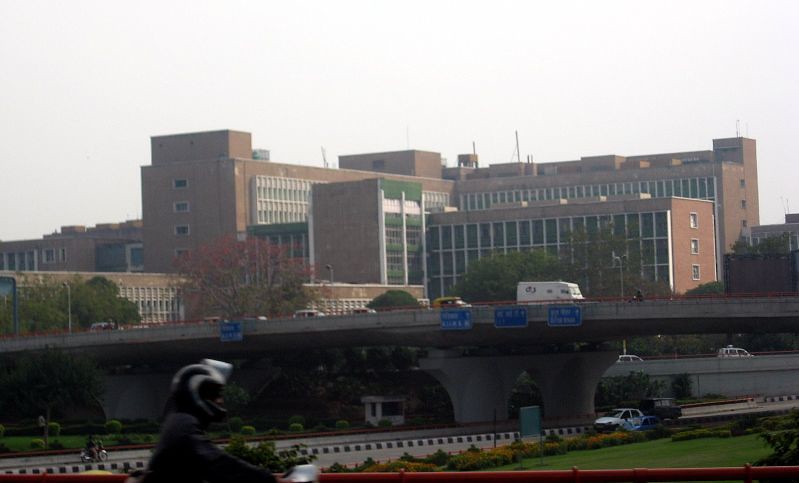New Delhi: Goodbye lockdown, hello smartphone.
As governments race to develop mobile tracing apps to help contain infections, attention is turning to how officials will ensure users’ privacy. The debate is especially urgent in Europe, which has been one of the hardest-hit regions in the world, with nearly 140,000 people killed by COVID-19.
The use of monitoring technology, however, may evoke bitter memories of massive surveillance by totalitarian authorities in much of the continent.
The European Union has in recent years led the way globally to protect people’s digital privacy, introducing strict laws for tech companies and web sites that collect personal information. Academics and civil liberties activists are now pushing for greater personal data protection in the new apps as well.
European authorities, under pressure to ease lockdown restrictions in place for months in some countries, want to make sure infections don’t rise once confinements end.
One method is to trace who infected people come into contact with and inform them of potential exposure so they can self-isolate.
Traditional methods involving in-person interviews of patients are time consuming and labor intensive, so countries want an automated solution in the form of smartphone contact tracing apps.
But there are fears that new tech tracking tools are a gateway to expanded surveillance.
Intrusive digital tools employed by Asian governments that successfully contained their virus outbreaks won’t withstand scrutiny in Europe.
Residents of the EU cherish their privacy rights so compulsory apps, like South Korea’s, which alerts authorities if users leave their home, or location tracking wristbands, like those used by Hong Kong, just won’t fly.
The contact-tracing solution gaining the most attention involves using low energy Bluetooth signals on mobile phones to anonymously track users who come into extended contact with each other.
Officials in western democracies say the apps must be voluntary. The battle in Europe has centered on competing systems for Bluetooth apps.
One German-led project, Pan-European Privacy-Preserving Proximity Tracing, or PEPP-PT, which received early backing from 130 researchers, involves data uploaded to a central server.
However, some academics grew concerned about the project’s risks and threw their support behind a competing Swiss-led project, Decentralized Privacy-Preserving Proximity Tracing, or DP3T.
Privacy advocates support a decentralised system because anonymous data is kept only on devices. Some governments are backing the centralized model because it could provide more data to aid decision making, but nearly 600 scientists from more than two dozen countries have signed an open letter warning this could, “via mission creep, result in systems which would allow unprecedented surveillance of society at large.”
Apple and Google waded into the fray by backing the decentralized approach as they unveiled a joint effort to develop virus-fighting digital tools.
The tech giants are releasing a software interface so public health agencies can integrate their apps with iPhone and Android operating systems, and plan to release their own apps later.
The EU’s executive Commission warned that a fragmented approach to tracing apps hurt the fight against the virus and called for coordination as it unveiled a digital “toolbox” for member countries to build their apps with.











